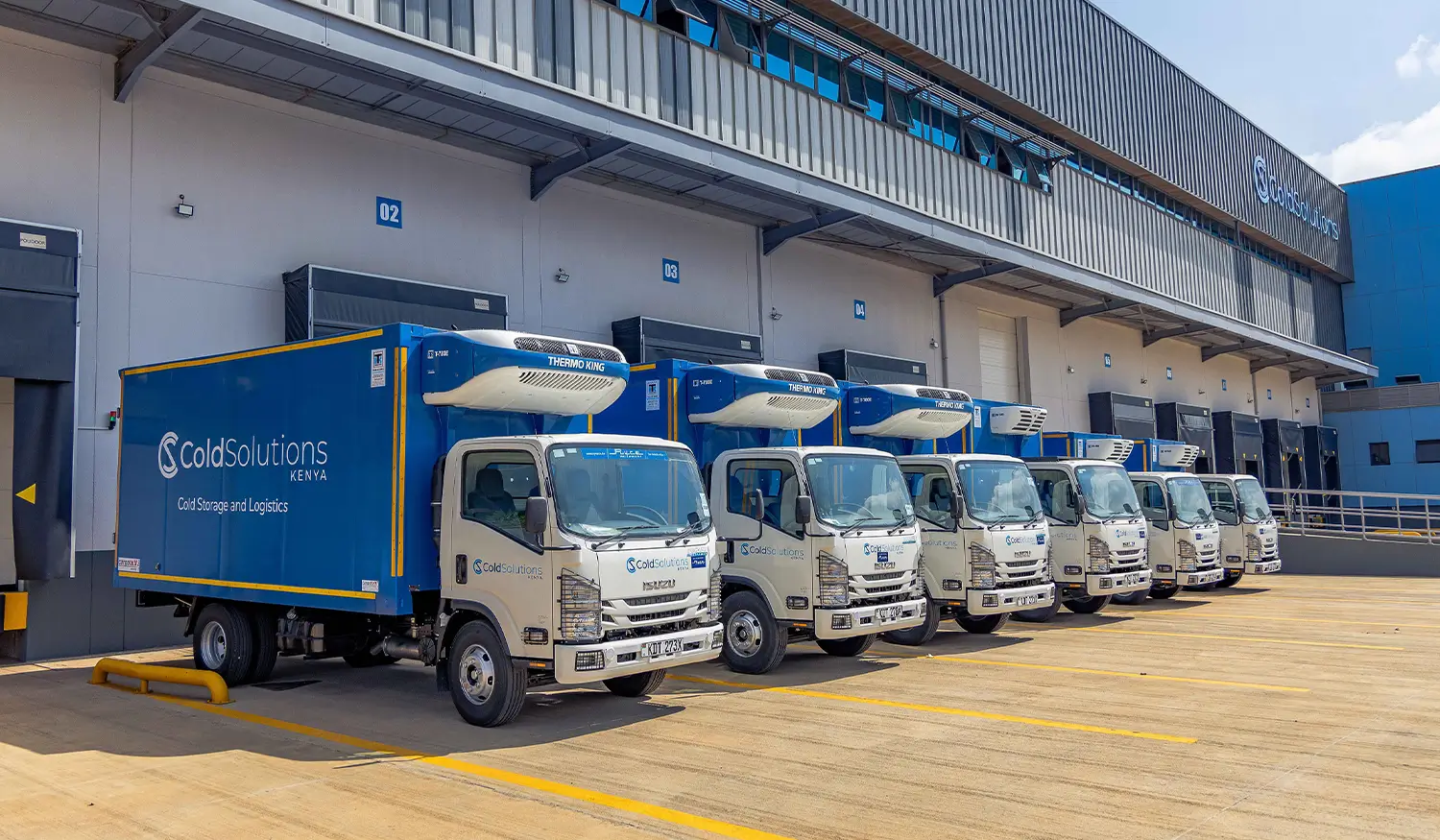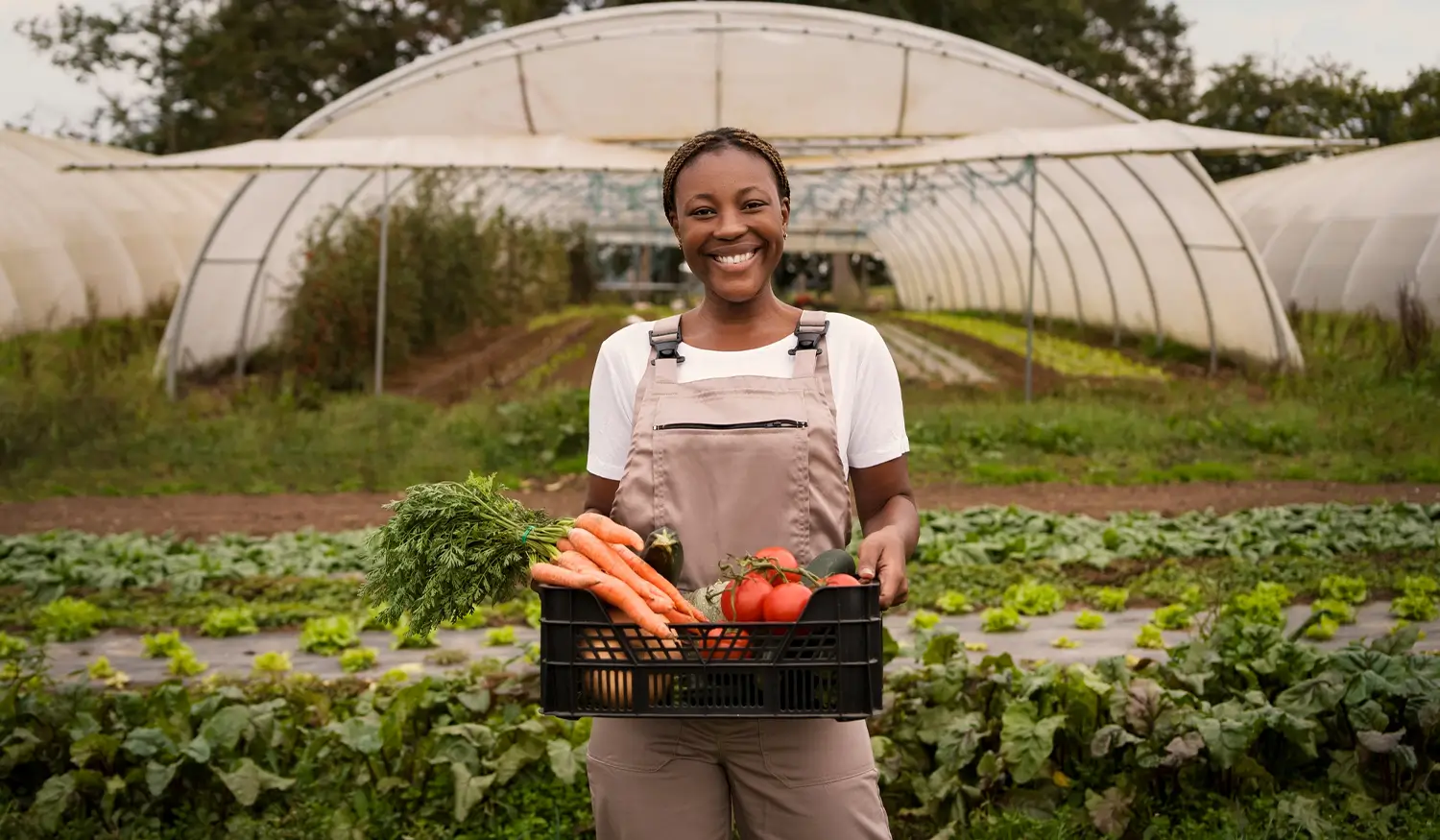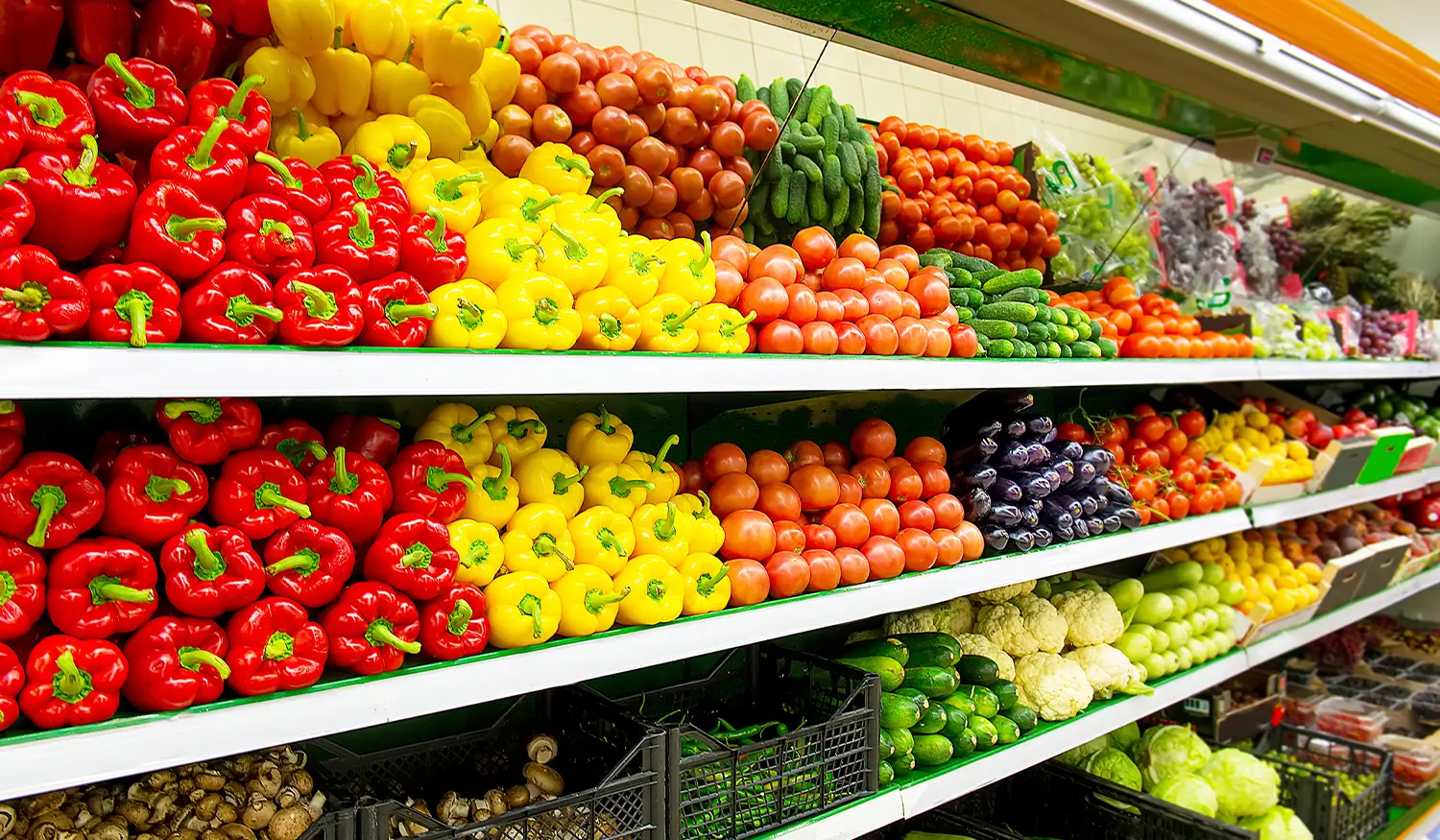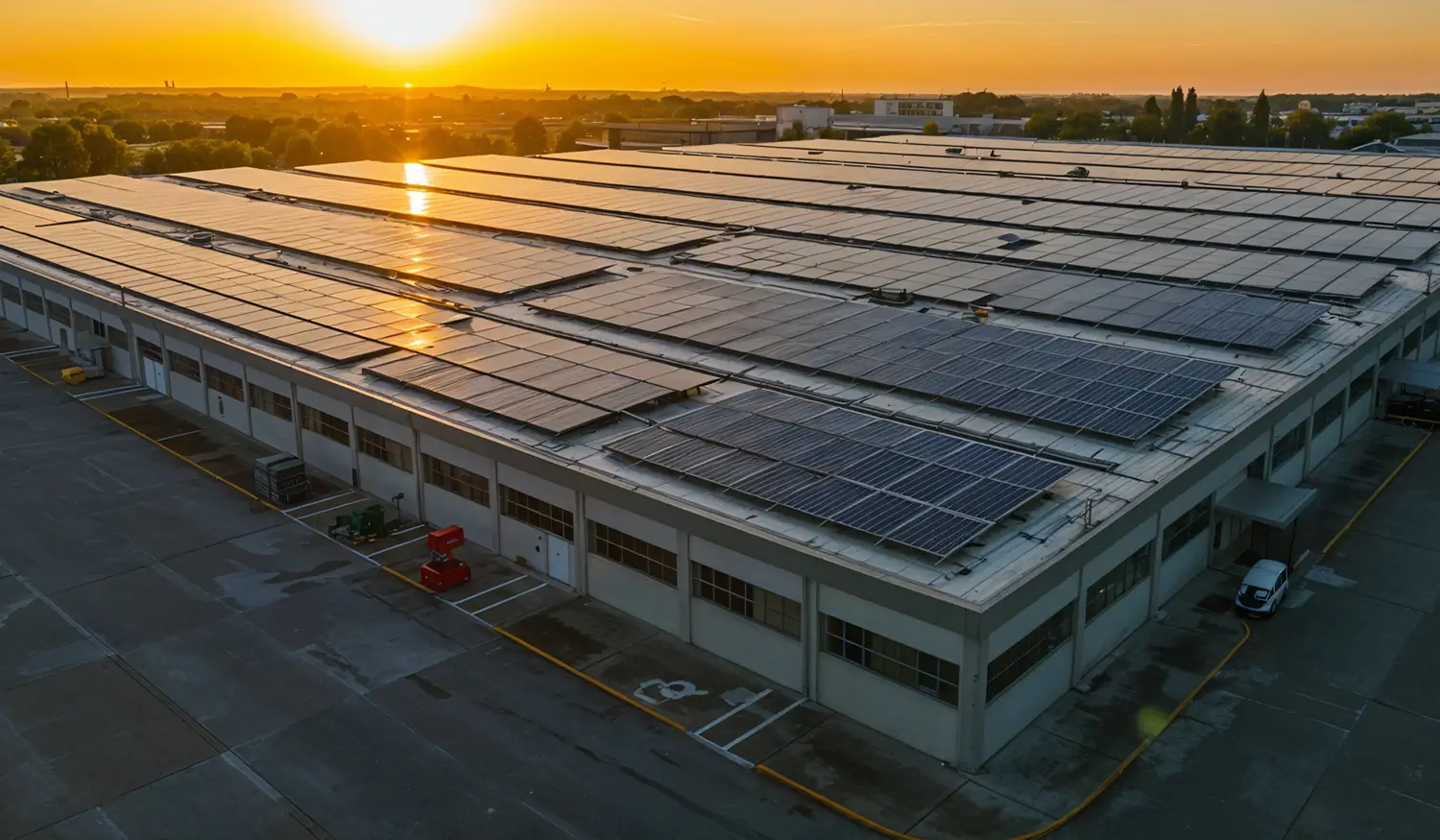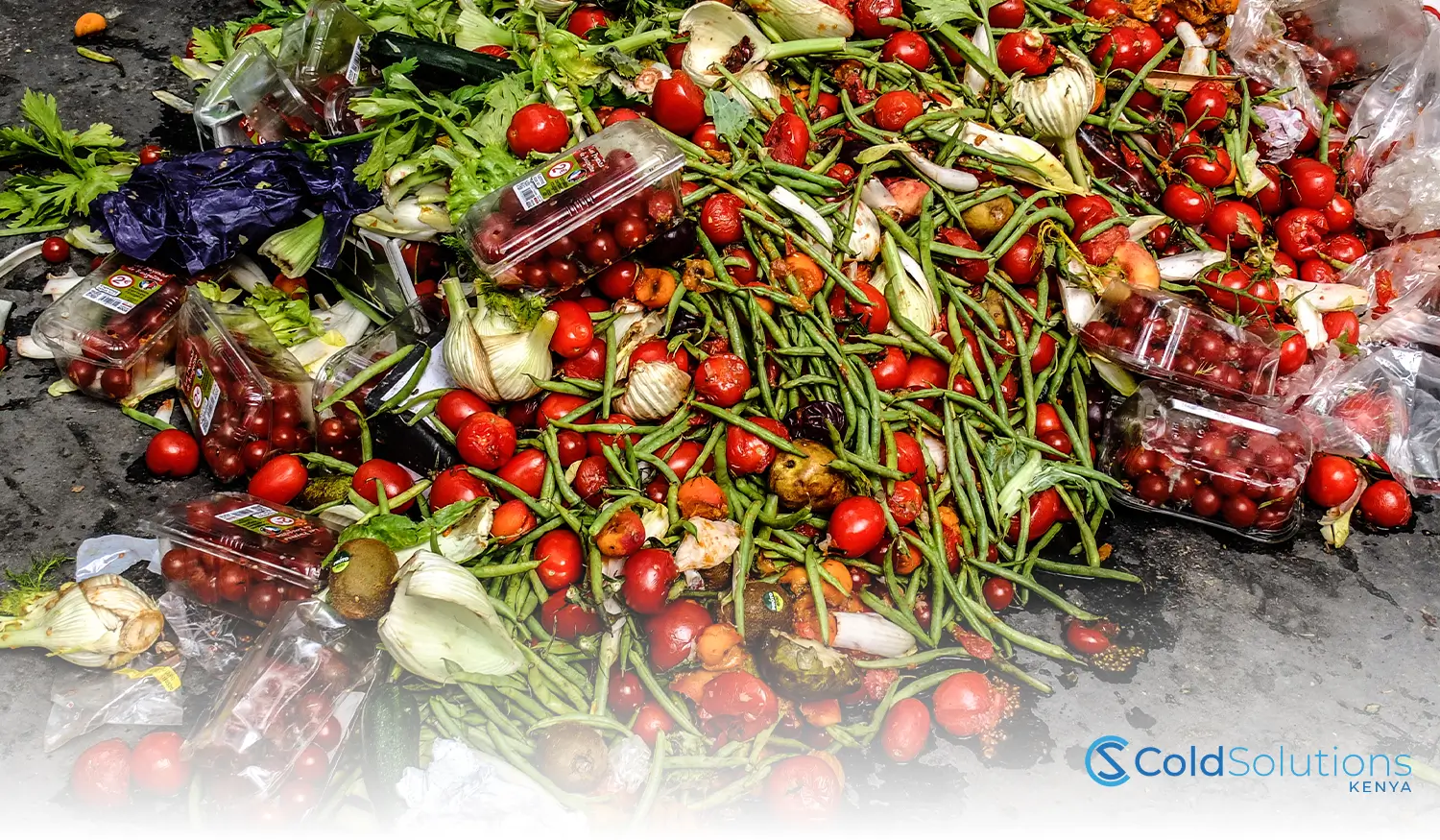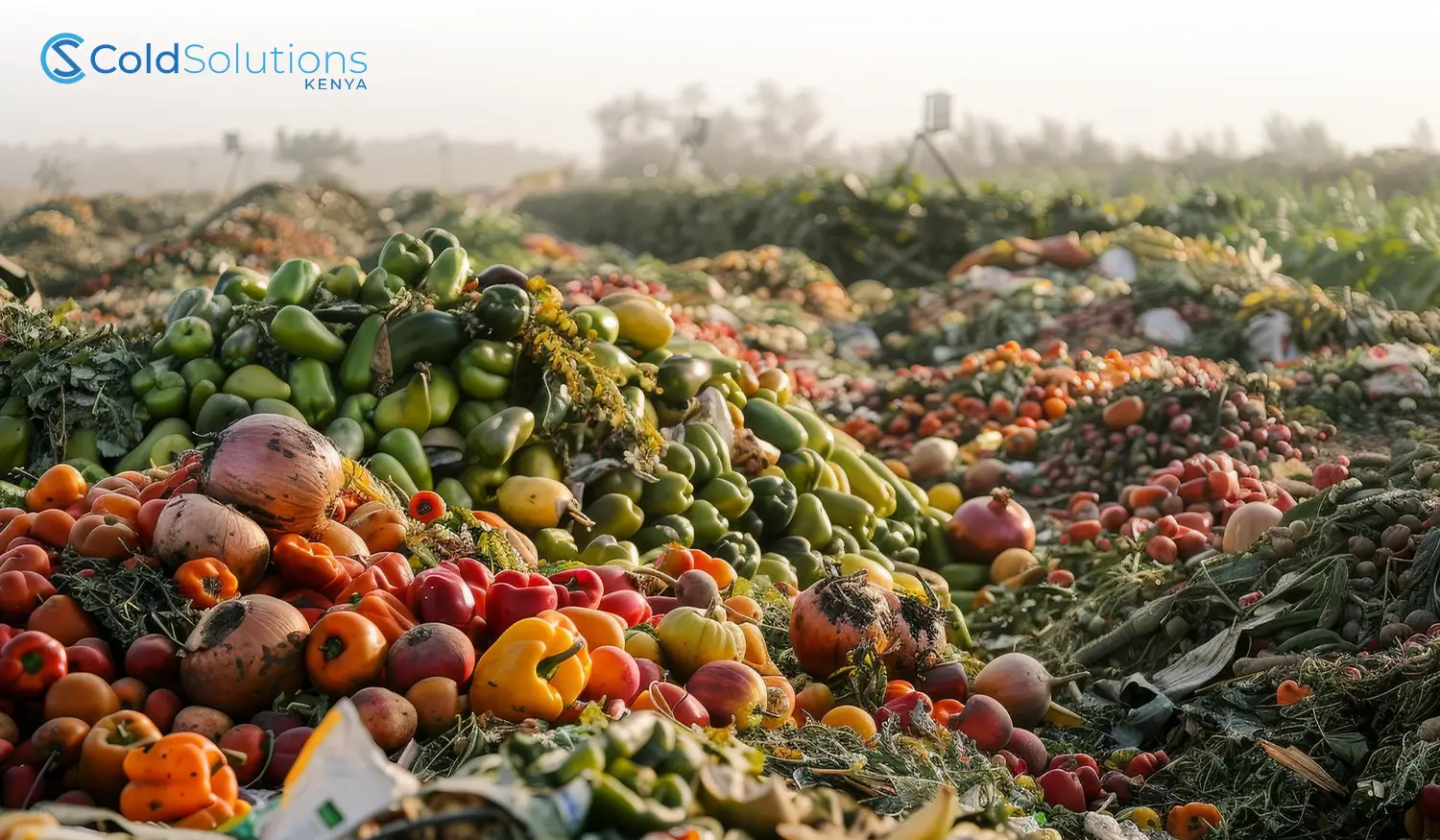
In Kenya, up to 40% of food grown is wasted before it reaches consumers, a staggering loss in a country where food insecurity affects millions. From farm to fork, challenges such as poor infrastructure, inadequate cold storage, and inefficient logistics contribute to this crisis. Addressing food waste is not just about feeding more people; it’s about protecting the environment, empowering farmers, and strengthening Kenya’s economy.
Kenya’s agricultural economy thrives on staples like maize, tomatoes, bananas, and export favorites like avocados and mangos. Yet much of this bounty rots away due to preventable factors. Small-scale farmers, who produce over 70% of the country’s food, are especially vulnerable. Without reliable storage, crops spoil during transport or while waiting to be sold at local markets.
This waste comes at a heavy cost:
- Economic Losses: Farmers and traders miss out on income.
- Food Insecurity: Wasted food could have fed thousands.
- Environmental Impact: Rotting produce releases methane, a potent greenhouse gas.
Cold Solutions Kenya is making strides to solve food waste by providing advanced cold storage and logistics services to preserve perishable goods. These facilities extend the life of fruits, vegetables, dairy, and meats, ensuring they reach consumers in peak condition.
How Cold Storage Reduces Waste
- For Farmers: With affordable, modular cold rooms, small-scale farmers can store excess produce for longer, giving them access to urban markets without fearing spoilage.
- For Retailers: Large-scale operators use Cold Solutions to optimize inventory, ensuring shelves are stocked with fresh goods while minimizing losses.
- For Exporters: Cold chain logistics ensure Kenya’s world-famous avocados and other exports reach international markets without loss in quality.
Cold Solutions’ efforts don’t just boost businesses; they also align with Kenya’s sustainability objectives:
- Environmental Gains: Reducing food waste cuts greenhouse gas emissions. Cold Solutions also employs energy-efficient systems to lower its own carbon footprint.
- Social Impact: By saving more food, Cold Solutions indirectly supports lower food prices and reduces hunger in urban areas. Small farmers benefit from better incomes, strengthening rural economies.
- Compliance: Adhering to international food safety standards ensures Kenyan produce competes favorably on global platforms.
Scaling Solutions for Every Player
From a small mango farmer in Embu to a supermarket chain in Nairobi, Cold Solutions offers scalable services tailored to Kenya’s diverse food system:
- Small-scale operators gain access to shared cold rooms and affordable logistics, enabling them to store and sell at better prices.
- Large-scale operators benefit from expansive facilities that streamline supply chains, reducing inefficiencies and cutting waste.
The fight against food waste requires collective effort. With innovations like those from Cold Solutions, Kenya can move closer to a future where every harvested crop fulfills its purpose—nourishing people, boosting incomes, and protecting the environment.
Together, we can turn waste into wealth and spoilage into sustainability.




